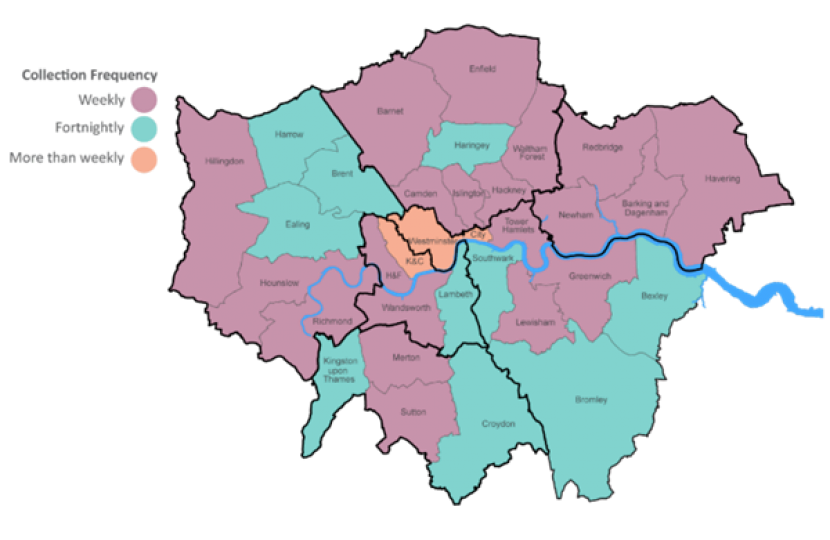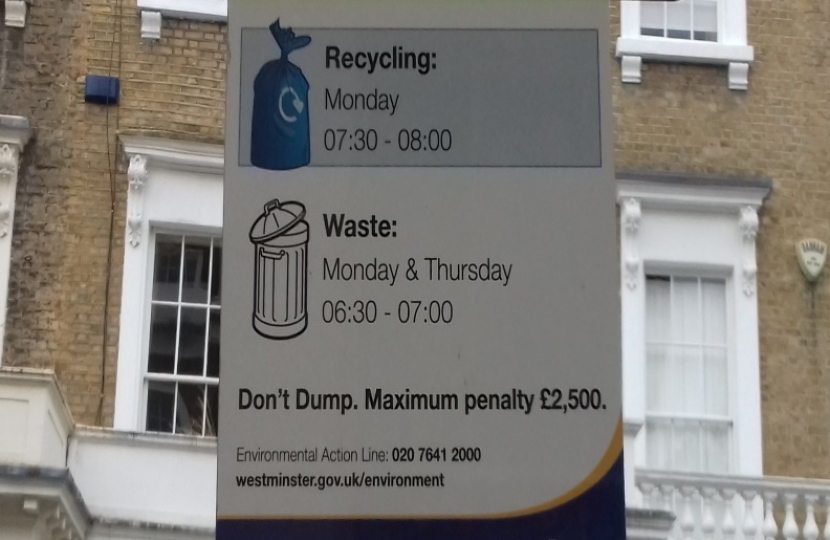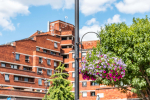Waste and Recycling
By far the biggest queries and complaints we receive from our residents are about fly-tipping and refuse collections. One of the issues for us in Pimlico is that there is a large turnover of the population. Across Westminster, this is over 30% a year. This has a knock-on effect as new people moving into the area are not always aware of the waste and recycling services provided by the Council.
Therefore, your Warwick Ward Councillors are taking the lead and have introduced a three-point plan to try to improve the situation and ensure our streets remain clean and pleasant for all of us.
We will:
• Work with the local estate and letting agents to produce an information leaflet to be given to all new people moving into the area.
• Produce a special Waste Newsletter to be distributed to the whole ward in the New Year.
• Ensure Council Officers continue to investigate rubbish ‘hotspots’ and fine those persistently failing to adhere to the correct collection times.
The facts:
Westminster City Council’s policy is to have waste on the streets for as short a time as possible.
• It clears approx. 180,000 tonnes of waste every year!
• It is one of only three London boroughs to have more than one weekly collection. The others are the City of London and Kensington and Chelsea.
• Westminster residents benefit from a minimum of two waste and one recycling collections per week.
• The frequency of waste collections is tailored to the needs of individual streets and properties.
• Most residents will receive between two and seven waste collections per week (the average is four per week).
Westminster City Council also provides up to three waste collections per day in commercial streets so, in theory, residents living above or next to business addresses have access to twenty-one waste collections per week!
General waste
To keep streets clean for as long as possible, the times when waste can be placed out for collection are strictly regulated, with many streets having a one or two hour ‘time-band’ for collections (as opposed to the common system elsewhere in London of having a ‘collection day’). The collection times for each street are clearly shown on new graphic signs attached to lamp-posts.
Don’t forget that in Warwick Ward, the main location for collection of waste and recycling is from your doorstep, if you live in a property which has direct access on to the street. The black bins tend to be used by those in flats who do not have a front door onto the street.
For those of you who live in blocks of flats with a concierge/building manager, there may be different arrangements.
Recycling
Blue or clear recycling bags are solely for doorstep collection in the same way as general waste. They are not for disposal in the on-street recycling bins. Residents using these can request a reusable bag to transport items so they can ‘post’ them through the apertures of the on-street recycling bins. Any cardboard waste should be broken down and put inside the bins, and not left around them.
Dumping bags next to bins is fly-tipping and you can be fined £2,500.
Dog fouling
Residents also frequently complain to us about dog fouling. Over the last couple of months, we carried out a campaign across Westminster targeted at those owners who allow their dogs to foul under cover of darkness and don’t clear up afterwards. Posters were erected in particular hotspots and we saw a noticeable improvement. However, we must be vigilant. In Westminster, bagged dog mess can be deposited in general waste litter bins.
In dog fouling hotspots, we can arrange a letter drop reminding residents of the importance of disposing of dog waste correctly, which does not include leaving bags at the base of trees or hanging them on fences.
Dog fouling is not only very unpleasant but can be dangerous and spread diseases. It is an offence for a dog owner not to clean up after their dog in any public places such as roads, estates, footpaths, parks of any open space.
Failure to clean up can result in an on-the-spot Fixed Penalty Notice of £80.00 or lead to a prosecution, which could further result in a maximum fine of up to £1000.00.
Pigeons
An on-going area of concern are the problems associated with feeding pigeons. Various pieces of legislation have the potential to cover the problems caused by pigeons, such as fouling, nesting, creating insanitary conditions or attracting vermin. However, the act of feeding in itself is not illegal, nor is feed such as seed and rice, which are likely to be eaten by the birds, defined as ‘litter’, where a fine could be issued by a City Inspector.
Westminster does not have the powers to deal with people who are feeding pigeons outside of a residential property. When we are able to find out where pigeon feeders live, we can send them warning letters and discuss with them the impact of their actions on the local environment. Regrettably, such actions by Westminster City Council have generally been ineffectual in stopping the feeding. Experience has shown that we will only be able to act upon the most extreme cases and, even then, they are not likely to be resolved to the satisfaction of residents.








